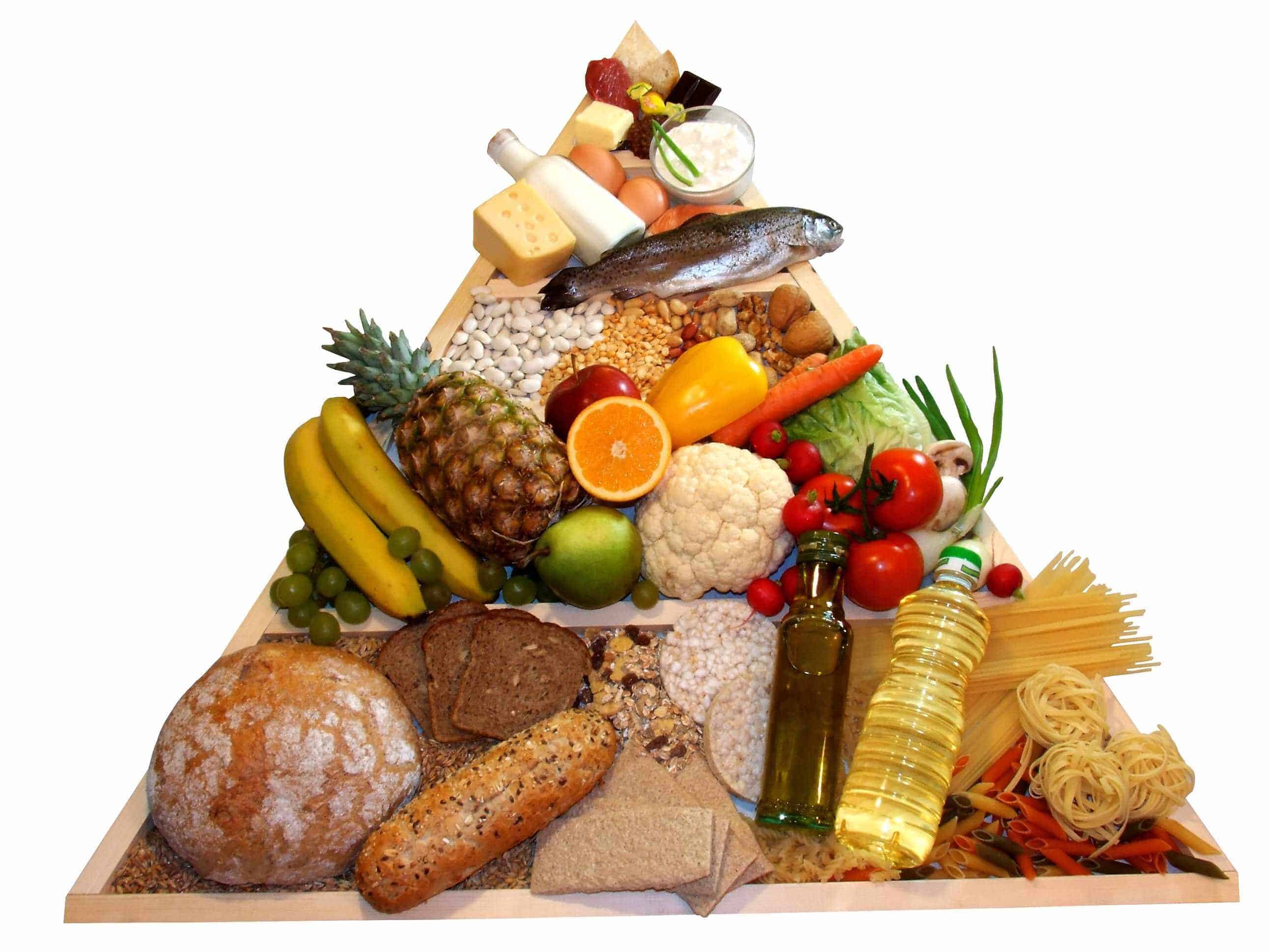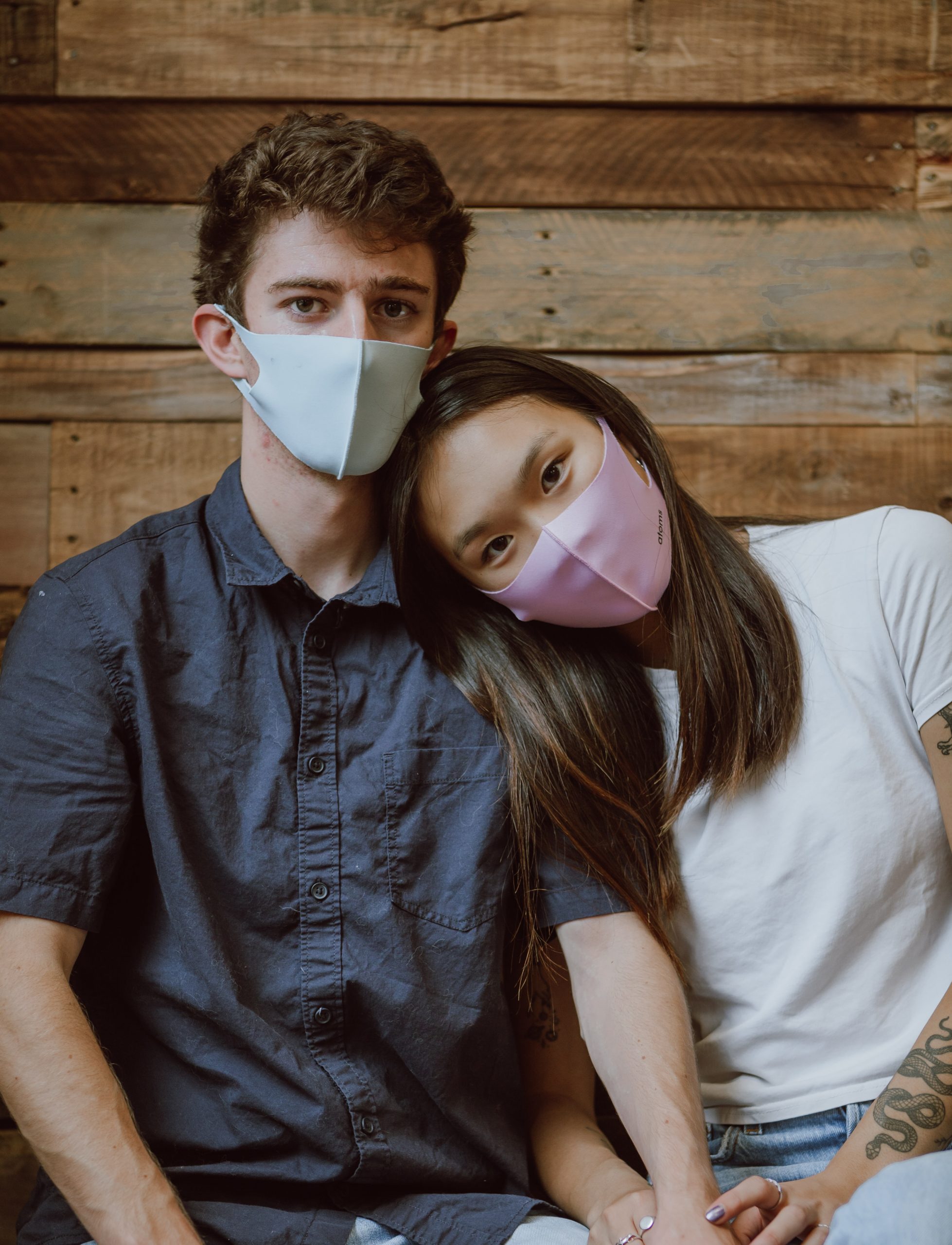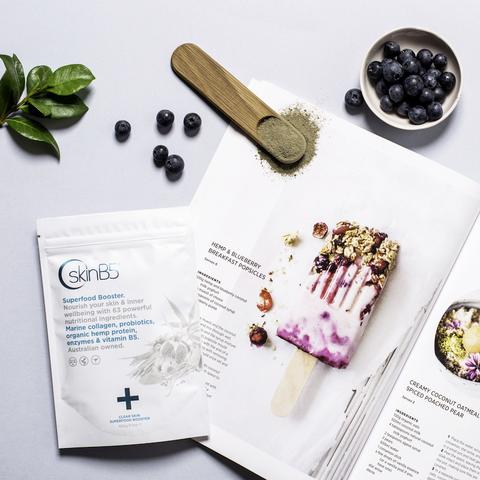The association between food and skin health is becoming clearer as more and more evidence shows that our current Western diet is linked to increased incidences of skin problems such as dermatitis, rosacea and acne (Melnik 2012).
Foods that have a high glycaemic index have been shown to play a role in increasing acne in particular. Consuming high-GI foods causes the pancreas to secrete a large amount of insulin, which also increases levels of our insulin-like growth factor 1, also known as IGF-1. When we increase our IGF-1 this can have an effect on the sebum of our skin. IGF-1 promotes growth, and can increase oil production, thus increasing the incidence of breakouts.
The other factor regarding the link between our food and skin health is the lack of nutrients in the foods we consume. A deficiency in certain nutrients such as zinc, vitamin B’s and vitamin A can affect skin health and healing. This is due to many reasons, such as mineral deficiencies in our soil, storage of food, and a lifestyle high in stress that depletes our nutrients. Water soluble vitamins (vitamin B’s and vitamin C) can be lost in the heating/cooking of food. When we combine those factors with the fast-paced society we live in where many people consume a lot of nutritionally-deficient ‘food on-the-go’, and our vegetables come in the form of over-microwaved packets, it’s very common to not meet our recommended daily intakes.
Study after study show that the effect of nutrient deficiencies greatly increase the incidence of acne (Danby 2014; Mogaddam 2014; Orzugus 2014; Tsoy 2015). A lack of zinc will affect almost every pathway in the body – especially our hormones. When our hormones are effected, hormonal acne can become much worse. Pantothenic Acid (aka vitamin B5) is vitally important, and a deficiency in this can lead to dermatological problems, including acne and dermatitis. This is why SkinB5 has combined a balanced formula of nutrients such as vitamin B5, vitamin B3, folate, zinc and vitamin A, to help correct the nutritional deficiencies often seen in both face and body acne.
Food should ideally contain the many necessary nutrients to make new cells, balance our hormones, heal our wounds and keep our skin structure tight & blemish-free. However, it’s becoming very common to not get enough of the essential nutrients from our food to maintain healthy clear vibrant skin. When a nutrient-deficient diet is combined with high-GI foods and perhaps also poor nutrient absorption, it is no wonder that our skin unfortunately suffers as a result.
 Haley is a passionate Naturopath & nutrition expert, writer, and mum of 2 young children, with years of experience in the industry. She is a known as a real ‘nutrition nerd’ and follows the latest natural health research. As a Paleo and raw food enthusiast, she coaches people in healthy living, beauty and positive mindset. Haley has personally experienced the benefits of the SkinB5 natural acne treatment system and is happy to offer her guidance to help others regain clear skin. Follow her blog at www.aliveinwonderland.com & link with her on facebook at www.facebook.com/aliveinwonderlandhealth
Haley is a passionate Naturopath & nutrition expert, writer, and mum of 2 young children, with years of experience in the industry. She is a known as a real ‘nutrition nerd’ and follows the latest natural health research. As a Paleo and raw food enthusiast, she coaches people in healthy living, beauty and positive mindset. Haley has personally experienced the benefits of the SkinB5 natural acne treatment system and is happy to offer her guidance to help others regain clear skin. Follow her blog at www.aliveinwonderland.com & link with her on facebook at www.facebook.com/aliveinwonderlandhealth








Leave A Comment